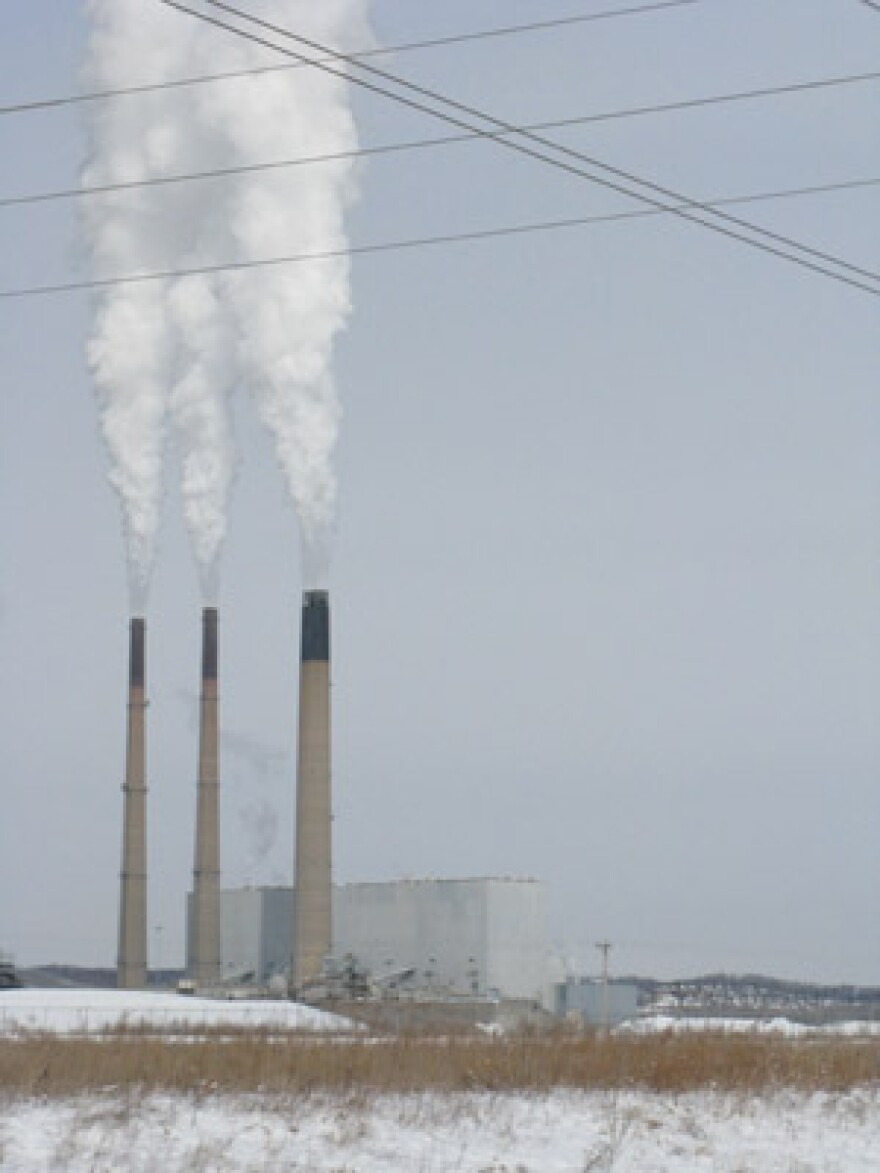The Franklin County Commission has approved a set of regulatory changes that will govern Ameren’s construction of a coal ash landfill in Labadie. The decision follows a heated public comment period in June.
Coal ash, which is a byproduct of coal-fired plants that generate electricity, contains toxic elements such as arsenic, chromium and lead. Many Franklin County residents have raised concerns that Ameren's landfill is placed in a floodplain, and it could potentially compromise the safety of groundwater drinking wells that many residents use.
Patricia Schuba heads a coalition of residents who oppose the landfill. She said her feelings following the decision are mixed.
“We’re getting some protections assured. But on the other hand they gave away some key tools to protect us,” Schuba said, who is president of the Labadie Environmental Organization.
State regulators approved Ameren’s plans to build the landfill in January. The utility broke ground on the project this spring, and some litigation is still pending. Ameren has said it needs the new landfill to replace the plant's existing coal ash ponds, which were filling up.
“We are pleased the Franklin County Commission voted to adopt the proposed amendments to the County's landfill ordinance, which is more stringent than any other Missouri county's landfill zoning regulation,” Warren Wood, a spokesman for Ameren Missouri, wrote in a statement.
Since the public comment period, “nothing of any substance was changed" in the regulations, said Mark Vincent, the county’s attorney, who has helped write the regulations over the past five years.
“We had a working session, the Commission reacted to the public comments and had me clarify some wording. That was done,” Vincent said.
County-level protections that will remain in place include a requirement for each landfill section to be surrounded by a berm that would be equal in height to the 500-year flood level — about the height of a two-story building. But the berms would be built with material generated by the power plant.
“This waste is dangerous,” said Shuba, who had advocated for building the landfill away from the floodplain. “Now we’re allowing ash to be used in the exterior of the landfill. That’s why it’s disturbing. The whole purpose of having a coal waste landfill is to keep it away from water."
One win for environmental advocates is a requirement that the landfill’s base be above the upper limit of the uppermost aquifer.
"We have now the absolute requirement that there be 5 feet between the bottom of the liner and the surface of the ground(water) that's established by the survey. That's a big one," said county attorney Vincent.
Most Franklin County residents get their drinking water from groundwater wells, and the area in the Missouri River floodplain is the source of drinking water for many St. Louis County residents.
Another precaution environmentalists favor is that coal ash will have to be transported in sealed container trucks to reduce contact with the air. This rule was stricken out in previous versions, but replaced in Tuesday's decision..
The final Franklin County rules can be found here and here, with notations to show what will change. A more detailed summary can be found here. The landfill is still subject to state and federal environmental regulations.
For more health and science news from St. Louis, follow Durrie on Twitter: @durrieB.
Send questions and comments about this story to feedback@stlpublicradio.org.
Support Local Journalism
St. Louis Public Radio is a non-profit, member-supported, public media organization. Help ensure this news service remains strong and accessible to all with your contribution today.




